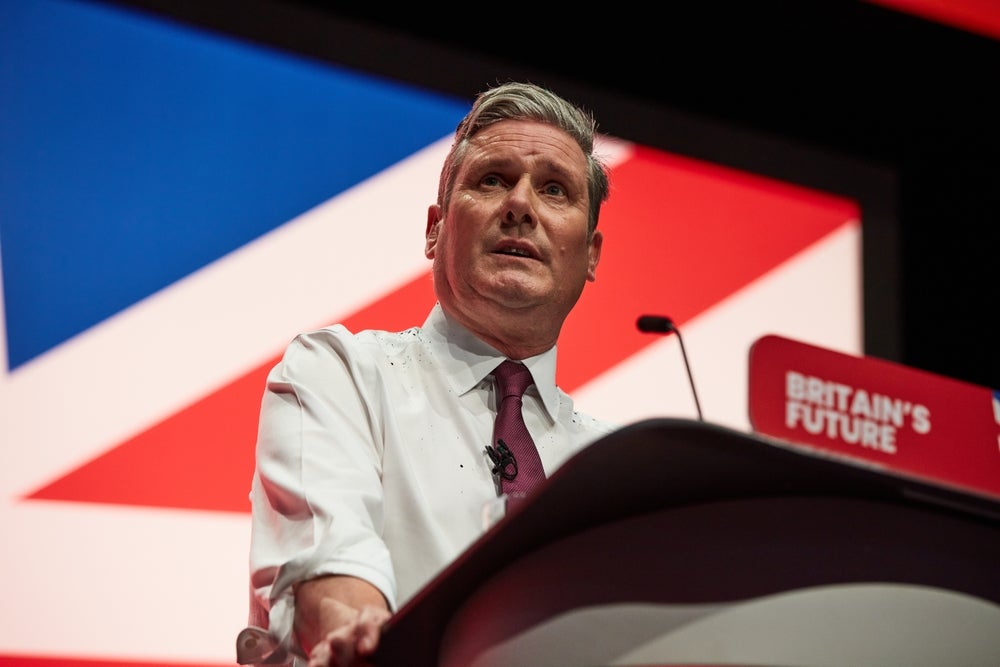Labour has pledged to reintroduce the ban on the sale of new internal combustion engine (ICE) cars from 2030, but it is unclear if this will extend to vans.
Unveiling the party’s manifesto, Labour leader Sir Keir Starmer committed to improving the UK’s economic growth.
The manifesto asserts that modernising Britain’s transport infrastructure is crucial for the nation’s rebuilding efforts.
“Our road network suffers from long-promised projects that are never completed,” it states. “The potholes littering our roads are a visible sign of the decline after 14 years of Conservative rule.”
It continues: “Cars remain the most popular form of transport. Labour will maintain and renew our road network to ensure it serves drivers, cyclists, and other road users, remains safe, and addresses congestion.”
Labour has promised to repair an additional one million potholes across England annually during the next Parliament, funded by deferring the A27 bypass, which it deems poor value for money.
Labour also aims to support drivers by addressing the rising cost of car insurance, although specific measures were not outlined.
The manifesto commits to supporting the transition to electric vehicles (EVs) by accelerating the rollout of charge points and aiding buyers of second-hand electric cars by standardising the information provided on battery conditions.
However, there was no mention of reinstating the plug-in car grant.
Following the launch of the Labour manifesto, RAC head of policy Simon Williams said: “The promise to restore 2030 as the phase-out deadline for new petrol and diesel vehicles comes as no surprise. Arguably it’s the Zero Emission Vehicle Mandate that’s already in place which is more important, as it’s forcing manufacturers to sell an increasing proportion of electric vehicles over the next few years and should, in itself, help drive uptake.
“However, it remains the case that electric vehicles are still far too expensive for a majority of drivers. The next Government has a great opportunity to stimulate demand by reintroducing a plug-in car grant aimed at the cheaper end of the market. This would make zero-emission driving a possibility for far more people.”









